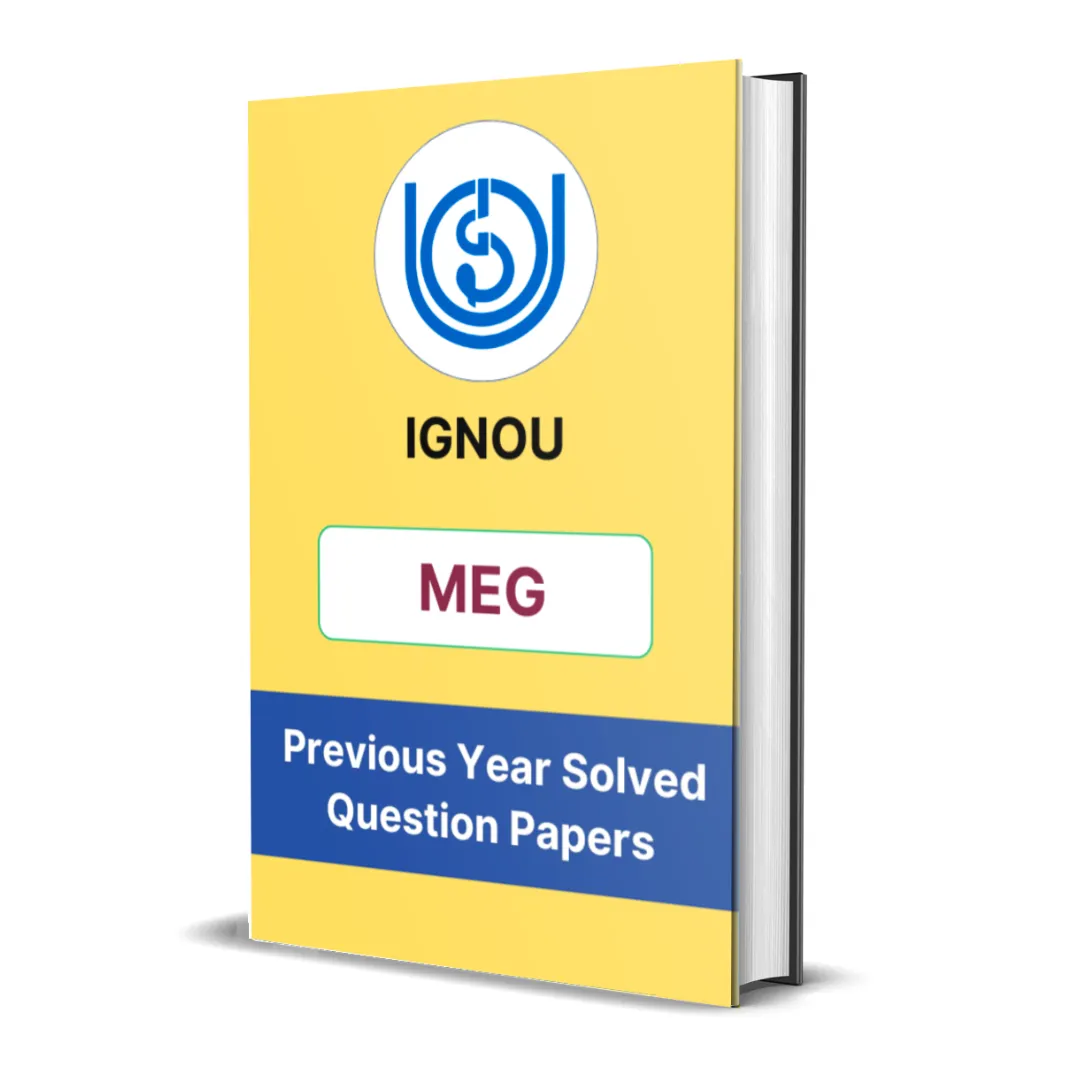Welcome to our blog, In this post, we’re sharing the IGNOU MEG 2 Solved Question Paper of December 2021 examination, focusing on British Drama.
This guide is here to help you prepare for your exams with clear answers and explanations. Whether you’re just starting or revising for your exams, this resource will make studying easier and more effective.
In this post, we’ll discuss all the answers including the short and long answer questions.
You can also download all previous year question papers of MEG 2 from our website.
Question 1
For Full Answer Get Access To Our MEG eBook
For Full Answer Get Access To Our MEG eBook
For Full Answer Get Access To Our MEG eBook
Question 2
Question 3
Question 4
For Full Answer Get Access To Our MEG eBook
Question 5
For Full Answer Get Access To Our MEG eBook
Question 6
For Full Answer Get Access To Our MEG eBook
📗 More IGNOU MEG-2 Solved Question Papers
- IGNOU MEG 2 Solved Question Paper December 2024
- IGNOU MEG 2 Solved Question Paper June 2024
- IGNOU MEG 2 Solved Question Paper December 2023
- IGNOU MEG 2 Solved Question Paper June 2023
- IGNOU MEG 2 Solved Question Paper December 2022
- IGNOU MEG 2 Solved Question Paper June 2022
- IGNOU MEG 2 Solved Question Paper December 2021
- IGNOU MEG 2 Solved Question Paper June 2021
- IGNOU MEG 2 Solved Question Paper December 2020
- IGNOU MEG 2 Solved Question Paper June 2020

